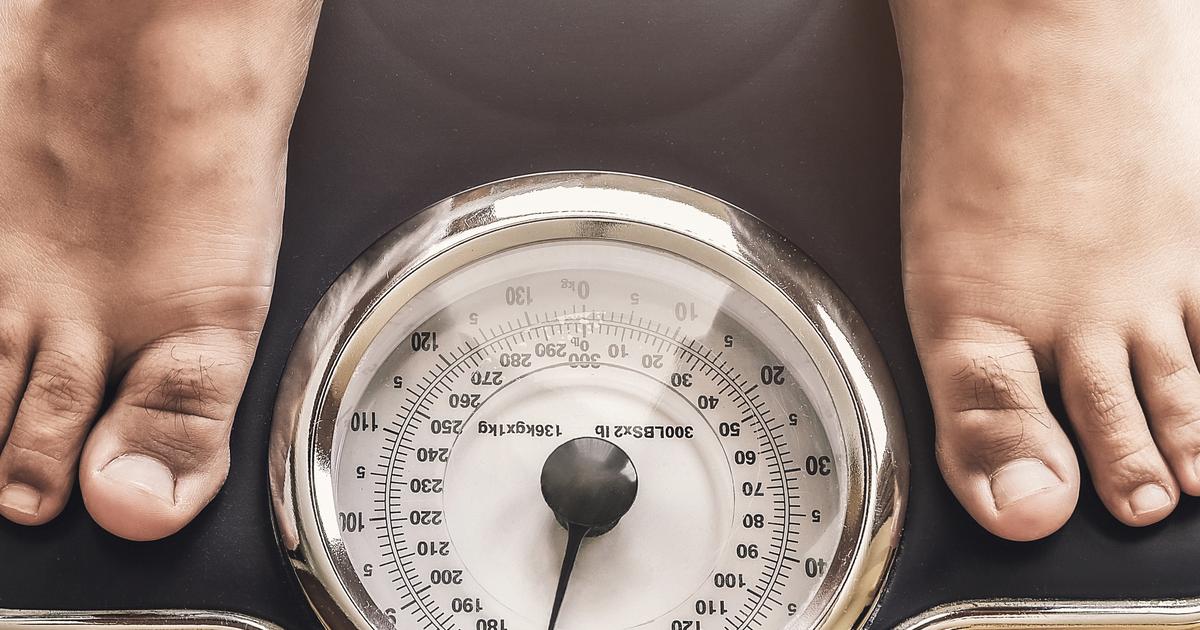Understanding The Gluten-Free Diet And The Lesser-Known Downsides
Weight Gain

Weight gain may occur for some individuals who adopt a gluten-free diet. In patients with celiac disease, the villi (capillaries on the walls of the intestines) are sometimes damaged. This damage inhibits the body's ability to absorb nutrients, and the patient might need to eat large amounts of food to compensate for this. The villi begin to heal once a gluten-free diet is started, and the body can properly absorb nutrients again. However, if the patient continues to eat a large quantity of food or to take in too many calories, they will probably gain weight. Individuals without celiac disease may still gain weight on a gluten-free diet if they rely too heavily on pre-packaged or processed foods. Many of these foods are high in calories, fat, and sugar, and it may be hard to eat only one serving. Weight gain then occurs due to the intake of too many calories. To prevent weight gain while on a gluten-free diet, patients are encouraged to log their food and calorie intake, and it can help to increase fiber and reduce fat. It may be beneficial to join a local or online support group, and patients may want to consider consulting a nutritionist who can help plan gluten-free meals.
Continue reading to reveal more downsides linked to a gluten-free diet now.